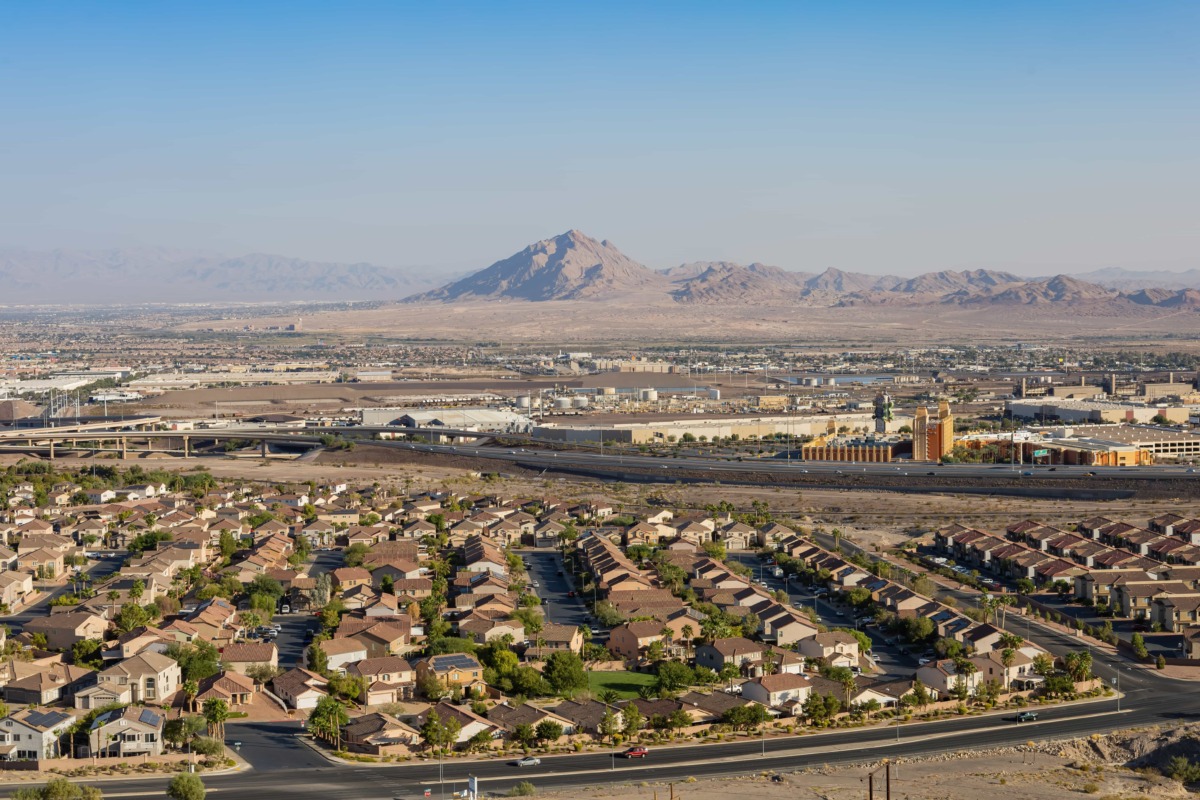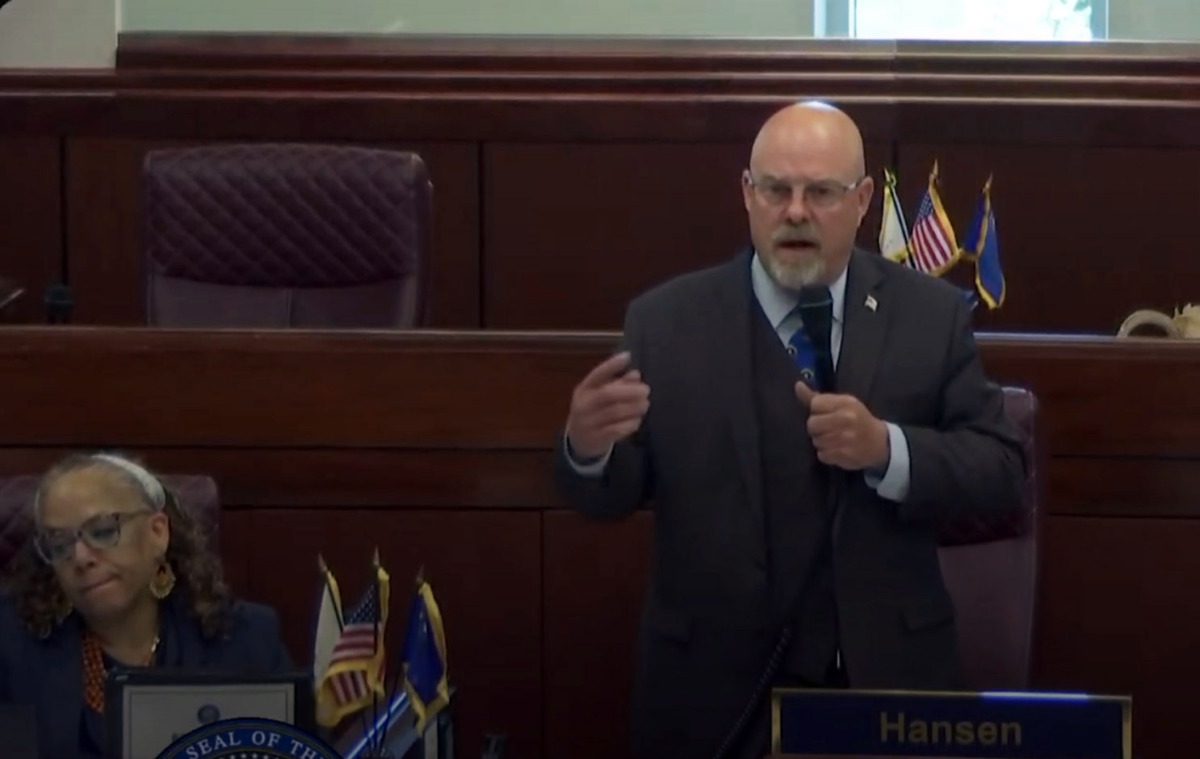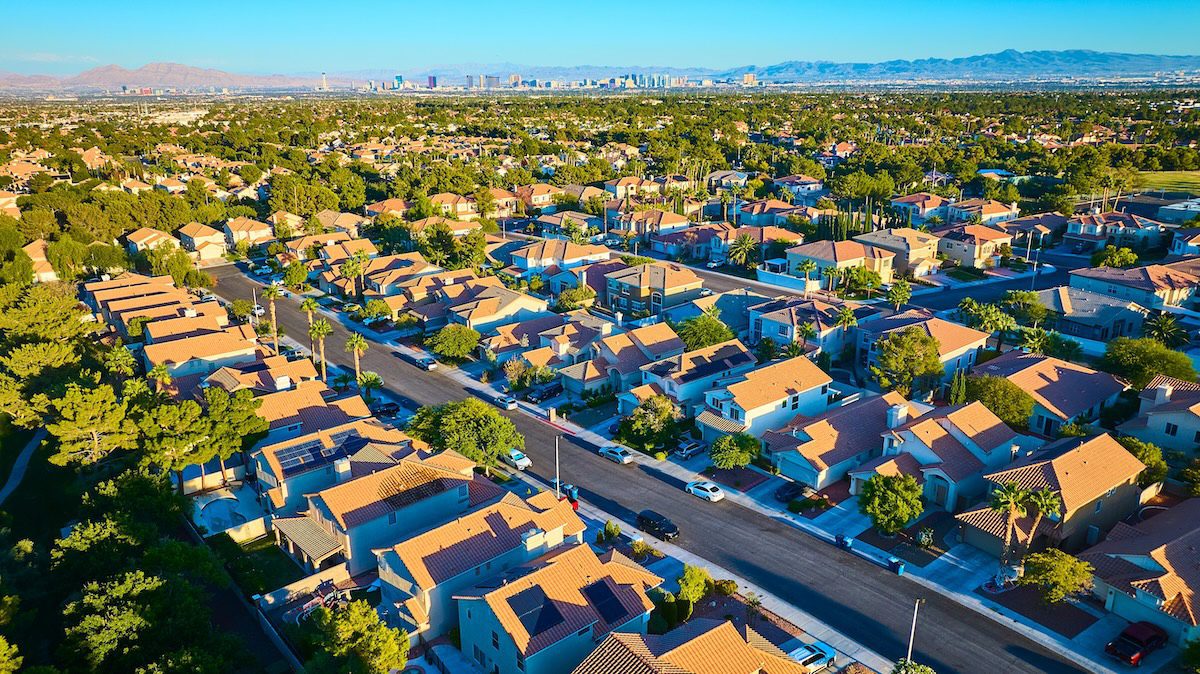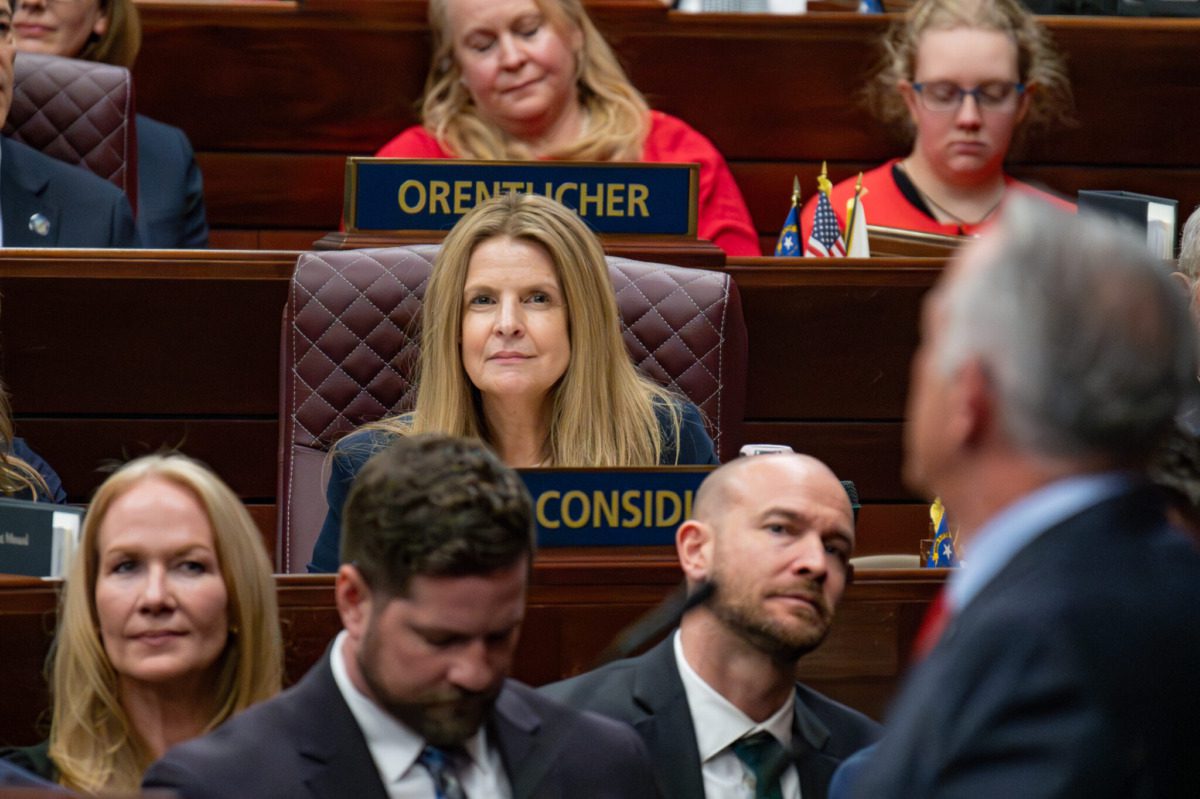
FILE - Democratic presidential nominee Kamala Harris is calling for the construction of 3 million new housing units nationwide through 2028. (Photo credit: Getty Images)
With median home prices near an all-time high and a severe shortage of affordable units, local housing experts say Democratic presidential nominee Kamala Harris’ housing plan could be a good start to solving the problem.
Irma Cuevas has always wanted to be a homeowner.
So far, though, the 34-year-old Las Vegas resident has been a lifelong renter, as the ever-increasing cost of housing has made her dream of home ownership unattainable. A housekeeper for a resort on the Las Vegas Strip, Cuevas has said between rent and other everyday expenses, it’s been difficult to put much away for a house.
“We’re working hard paycheck-to-paycheck, so everything that’s gone up, from gas to food, it’s kind of hard to provide for your family,” Cuevas, who is also a political organizer for Culinary Local 226, told The Nevadan.
There are tens of thousands of Nevadans out there like Cuevas, who find themselves increasingly priced out of the housing market. And they are among the Americans who could benefit from a series of proposals introduced by Democratic presidential nominee Kamala Harris.
Harris released key pillars of her economic platform in August, and it included several proposals aimed at helping lower and middle-class families achieve home ownership. Those plans include up to $25,000 in down payment assistance for those buying their first house, a first-of-its-kind tax incentive for developers who construct units designed for first-time buyers, and other incentives for developers and contractors to build new units — all in a bid to construct an additional 3 million units nationwide over the next four years.
Harris’ plan for down payment assistance could be the break that would enable Cuevas to purchase her first home, she said.
“I want to buy a home … but I don’t have $25,000,” Cuevas said. “It would take me years for me to even raise that kind of money.”
While demand for new housing and rentals in Southern Nevada are expected to continue outpacing supply for the foreseeable future, local housing experts say elements of Harris’ proposed housing plans could help alleviate some of the scarcity that has driven up housing prices in recent years.
“My heart is gladdened to see that so many folks are understanding the supply side is such a big issue,” Nicholas Irwin, an microeconomics professor who researches real estate and sustainability around Southern Nevada for UNLV, said. “Because 10 years ago, people didn’t really think supply was as much of an issue. The tricky thing is, though, if we had pushed for more supply 10 years ago then perhaps we wouldn’t be where we are today.”
As of January, there were approximately 5,300 new homes and roughly 7,850 rental units expected to be completed in the Las Vegas-Henderson-Paradise metropolitan market over the next three years — far short of the roughly 44,000 units needed to adequately meet demand, according to a report published this year from the US Department of Housing and Urban Development (HUD).
That report further found that as of December, there were 5,575 homes listed for sale in the area, which represented a 46% decrease from the previous year and a 21% decline from 2020. HUD noted that high interest rates from the Federal Reserve were a key factor that led to a lower supply of homes on the market. Still, the median sale price for single family homes in August was $498,500, according to the digital real estate database Redfin, a 5.5% increase from last year and a five-year high.
Those factors have made home ownership in Southern Nevada more difficult in recent years, especially for the age 25-to-44 demographic, a cohort usually in the market for their first home, according to the HUD report.
Irwin noted the Fed’s move last month to cut its central rate by a half-point will likely lower average mortgage rates, but added that prices will likely stay elevated until the federal government releases more land for housing developments. The federal government still operates more than 80% of the land in Nevada, and, based on the current rate of development and anticipated demand, the state is forecasted to run out of land for new housing projects within the next eight years, Irwin said.
To adequately meet current demand, an estimated 80,000 affordable housing units advocates say are needed to keep up with supply, too, Irwin added.
“It takes about five years from the federal government selling it [land] off to someone walking in that front door,” Irwin said. “Some of this is zoning issues, permitting issues or regulatory issues that the federal government can only help with so much. But a lot of these are local and state issues that need to be addressed.”
Ben Iness, the coalition coordinator for the Nevada Housing Justice Alliance, a non-profit organization that advocates for tenants’ rights, said Harris’ plans to expand tax credits for low-income housing, combined with those offered to developers, might help meaningfully address the deficit of housing, but stressed he would like to see more protections for renters.
“If we’re going to take Nevada’s affordable housing crisis seriously, then we need to make sure we’re not only considering, but using and employing all the tools and solutions at our disposal,” Iness said. “Housing justice is more than just the mere existence of more housing, but also accessing housing and staying housed are just as important.”
To that effect, Harris has endorsed President Joe Biden’s plan to cap rent increases for existing units at 5% per year for landlords that own more than 50 units. If those landlords increase rent higher than that 5% annual rate, they will be unable to claim tax incentives.
The policy would affect about 20 million units in the country, roughly half of all rental properties.
Harris has also endorsed two existing bills to address the rising cost of rent and lower tenants’ costs. She has endorsed the Stop Predatory Investing Act, which would remove key tax benefits for housing investors who acquire a large number of single-family rental homes. The Preventing the Algorithmic Facilitation of Rental Housing Cartels Act, on the other hand, seeks to crack down on rent-setting software that “enables price-fixing among corporate landlords.”
Those two proposals, Iness said, might not bring sweeping change that will help all renters. But they will certainly help some people, meaning the net gain is an effort worth pursuing.
“Limiting predatory investing, preventing algorithms from setting rent prices or expanding rental assistance might not tackle the root causes,” of housing insecurity, Iness said. “But it goes a long way in getting folks that immediate support.”
If realized, those plans could potentially help more Las Vegas-area renters stay in their homes.
Eviction Lab, a website that tracks nationwide eviction data, reports there were at least 51,193 eviction filings in Las Vegas last year, a 40% increase compared to pre-pandemic levels. Iness said evictions expose folks to the sometimes deadly bouts of extreme heat, a relatively unique threat posed for housing insecure folks across the West.
And the real-life toll of going through eviction can be traumatizing, added Cuevas, the Strip housekeeper, who said she was evicted with just seven days notice from an apartment following the pandemic. In addition to supporting Harris’ plan for first-time homebuyers, Cuevas told The Nevadan she’s also sympathetic to efforts aimed at limiting debilitating rent increases.
“It’s unfair to our citizens here to be paid so much, when in the state of Nevada there is no cap,” Cuevas said of what landlords are able to charge for rent. “When [rent] is going up $300 to $500 on top of everything else being raised, we can’t live.”
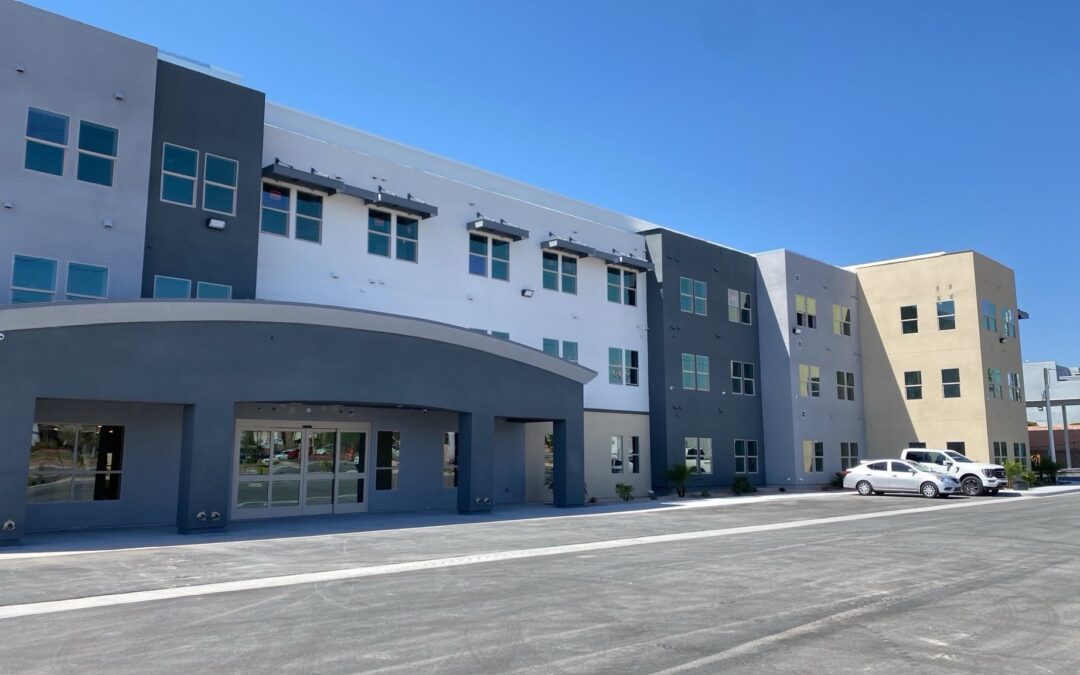
Housing forum highlights divide between local needs and federal leadership
Democrats warned that Trump’s tariffs could worsen Nevada’s already severe housing affordability crisis, one of the state's most pressing...

Two bills seek to address growing issue of home insurance cancellations over wildfire risk
By April Corbin Girnus and Jeniffer Solis, Nevada Current Thousands of homeowners in Nevada have seen their insurance policies canceled or...

The 27 most expensive homes for sale in Las Vegas right now
Stacker compiled a list of the most expensive homes in Las Vegas listed for sale on realtor.com. Homes are ranked by price with ties broken by price...






